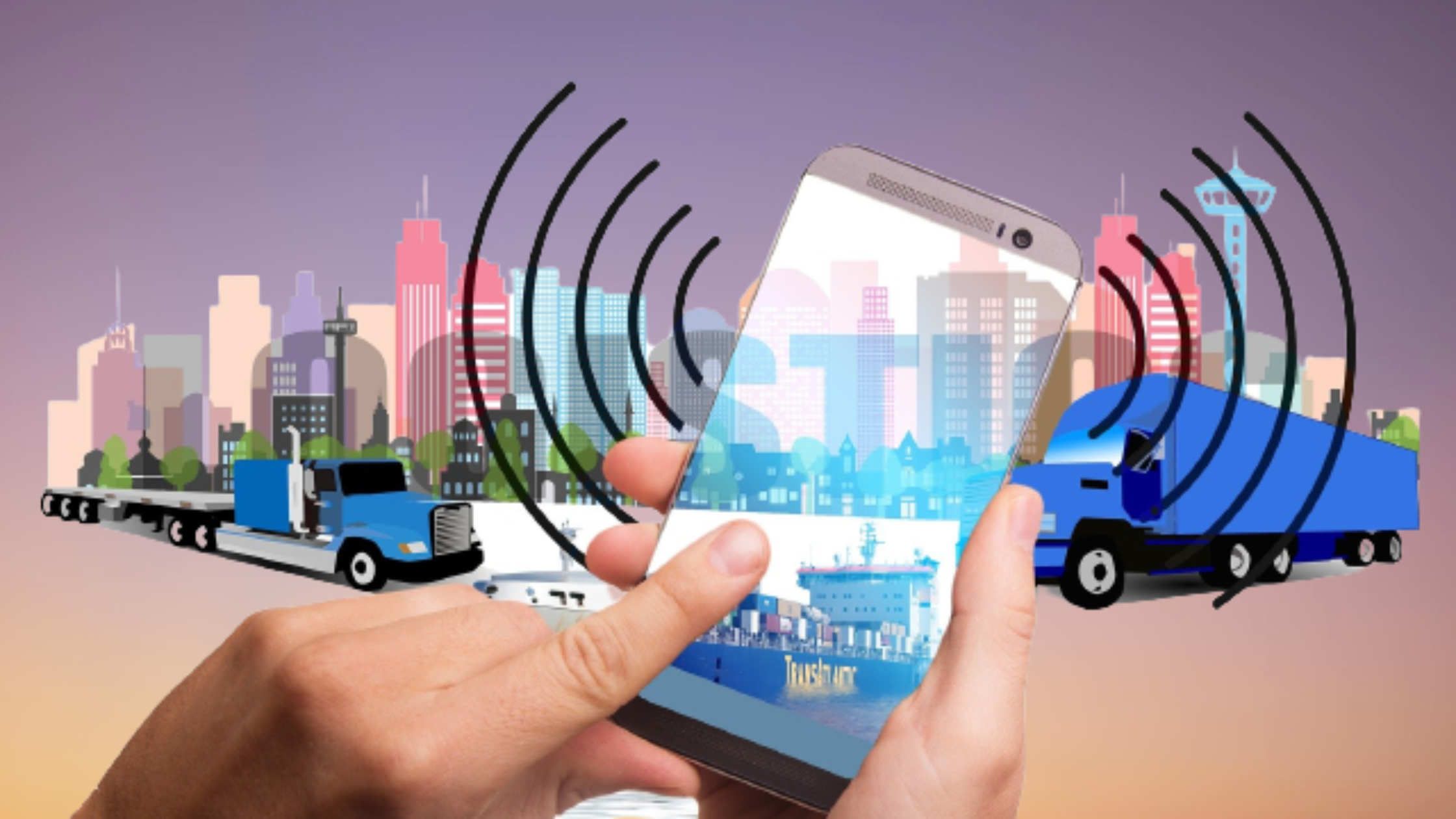Get In Touch
Your information is protected by our Privacy Policy and Terms of Use.
Our Offices
E 237, First Floor, Phase VIII B Sector-74,
Industrial Area, Mohali-160071, Punjab
Phone: +(91) 93010-10197
6470 East Johns Crossing, Suite 160
Johns Creek, GA 30097
Phone: +1(470)-268-9868
531A, Upper Cross Street, #04-95,
Hong Lim Complex, Singapore - 051531
Phone: +1(470)-268-9868
- Solutions For
- Solutions
- Services & Expertise
- Case Studies
- Insights
-
Get In Touch
Get In Touch
Your information is protected by our Privacy Policy and Terms of Use.
Our Offices
Zapbuild Technologies Private LimitedIndia
E 237, First Floor, Phase VIII B Sector-74,
Industrial Area, Mohali-160071, Punjab
Phone: +(91) 93010-10197Zapbuild Technologies (US) LLC United States
United States
6470 East Johns Crossing, Suite 160
Johns Creek, GA 30097
Phone: +1(470)-268-9868Zapbuild Technologies (S) PTE LTDSingapore
531A, Upper Cross Street, #04-95,
Hong Lim Complex, Singapore - 051531
Phone: +1(470)-268-9868
- Learning Management System
- Command and Control Center
- Transportation Management
- Warehouse Management
- Fleet Management
- Supply Chain Management
- Document Contracts Management
- Load Board Platform
- Route Optimization
- Electronic Proof Of Delivery
- Freight Exchange Platforms
- Customer Relationship Management
- Data Analytics and Business Intelligence
- Logistics Aggregator
- Crowdshipping Marketplaces
- Reverse Logistics Marketplace
7 Innovative Technologies That Are Revolutionizing The Logistics Industry

According to a report by DHL, the global logistics market is expected to reach $15.5 trillion by 2023. Additionally, a study by Accenture found that 86% of logistics companies believe technology is disrupting the industry.
The logistics industry is continuously evolving, driven by advancements in technology. It has traditionally been known for being labour-intensive and time-consuming. However, with the advent of technology, the industry has seen significant changes, making it faster, more efficient, and cost-effective.
The use of innovative technology has been a game-changer for the logistics industry, improving efficiency, transparency, and customer satisfaction. In this article, we will explore seven trends and innovations in the logistics industry in 2023 and the years to come.
Automation
According to a report by Allied Market Research, the logistics automation industry had a value of $49.7 billion in 2020 and is expected to grow at a Compound Annual Growth Rate (CAGR) of 11.9% from 2021 to 2030, reaching a value of $147.4 billion in 2030.
Automation technology is rapidly transforming the logistics industry by improving efficiency, reducing costs, and increasing accuracy. With the implementation of robotics and software, logistics companies are able to streamline their operations and reduce the need for human labour.
For example, Amazon has implemented automation technology in its warehouses, using robots to move goods and fulfil orders. As a result, the company has been able to reduce its order fulfilment time from 1-2 hours to just 15 minutes, improving customer satisfaction and reducing costs.
Here is how automation is transforming the logistics industry:
Increased efficiency: Automation technology enables logistics companies to process orders and manage inventory faster than manual labour.
Reduced costs: By implementing automation technology, logistics companies can reduce labour costs and optimize their operations.
Improved accuracy: Automation technology can also improve the accuracy of order processing and inventory management, reducing errors and improving customer satisfaction.
Artificial Intelligence
Artificial Intelligence (AI) is rapidly transforming the logistics industry, providing new opportunities to optimize supply chain management, reduce costs, and enhance customer experiences.
Using machine learning algorithms and natural language processing, AI technology can analyze large amounts of data and identify patterns to make informed decisions.
For example, companies are using AI-powered route optimization in their operations these days, reducing the distance driven by delivery trucks by millions of miles and saving the company over millions of gallons of fuel.
Demand Forecasting: AI technology can analyze data from multiple sources to accurately forecast product demand, allowing logistics companies to optimize inventory levels and reduce waste.
Route Optimization: AI technology can optimize transportation routes based on real-time data, including weather, traffic, and delivery schedules. Logistics companies can use AI-powered route optimization to reduce delivery times and fuel consumption.
Autonomous Vehicles: AI technology is also driving the development of autonomous vehicles, including drones and self-driving trucks, which can improve delivery times and reduce costs.
Blockchain
Blockchain technology is revolutionizing the logistics industry by providing a secure and transparent platform for the supply chain management. By creating a decentralized database of transactions, blockchain technology can increase transparency, reduce fraud, and improve traceability throughout the logistics process.
Here are some examples of how blockchain is transforming the logistics industry:
Supply Chain Transparency: Blockchain technology can improve supply chain transparency by creating a secure, tamper-proof record of every transaction. This can help logistics companies to track products from their origin to their destination, ensuring that products are not counterfeited or diverted.
Smart Contracts: Blockchain technology can also enable the use of smart contracts, which are self-executing contracts with the terms of the agreement between buyer and seller being directly written into lines of code. This can help to automate logistics processes, reducing paperwork and improving efficiency.
Freight Tracking: Blockchain technology can also enable real-time tracking of shipments, allowing logistics companies to monitor the location, condition, and temperature of goods throughout the supply chain. This can improve delivery times, reduce costs, and enhance customer satisfaction.
Drones
Drone technology is transforming the logistics industry by offering faster and more efficient delivery options, particularly for last-mile delivery. Here are some examples and recent stats of how drone technology is transforming the logistics industry:
Faster Delivery: Drone technology can enable shorter delivery times, particularly for last-mile delivery. According to a report by Fortune Business Insights, the drone package delivery industry is expected to experience a significant increase in value, with its market size estimated to rise from $1522.4 million in 2021 to $31188.7 million by 2028, representing a compound annual growth rate (CAGR) of 53.94% over the forecast period.
Cost-Effective: Drone technology can also be a cost-effective solution for last-mile delivery, particularly in areas where traditional delivery methods may be more expensive or inefficient.
Improved Safety: Drone technology can also improve safety in the logistics industry by reducing the need for manual handling and minimizing the risk of accidents. Drones can also be used for tasks such as inspection and surveillance, reducing the need for workers to be exposed to potentially hazardous environments.
Cloud Computing
Cloud computing is transforming the logistics industry by providing more efficient and flexible ways to manage supply chain operations. Here are some of the many benefits of cloud computing for the logistic industry.
Real-time Visibility: Cloud computing allows real-time visibility of the entire supply chain, enabling logistics companies to monitor shipments and inventory levels more effectively.
Improved Collaboration: Cloud computing enables better collaboration between different stakeholders in the supply chain, including suppliers, logistics providers, and customers. This can help to reduce communication errors and delays, improving the efficiency of the supply chain.
Cost Savings: Cloud computing can also be a cost-effective solution for logistics companies, eliminating the need for expensive IT infrastructure and reducing maintenance costs.
Internet of Things
The Internet of Things (IoT) is transforming the logistics industry by enabling real-time tracking and monitoring of goods and assets throughout the supply chain. Here are some examples of how IoT is transforming the logistics industry:
Real-time Tracking and Monitoring: IoT sensors and devices can be used to track the location, temperature, and condition of goods and assets in real time. This can provide greater visibility and control over the supply chain, reducing the risk of loss or damage. For example, IoT-enabled sensors can track the temperature of perishable goods during transportation, ensuring that they are kept within the required temperature range.
Optimized Transportation: IoT can also improve the efficiency of transportation by optimizing routes and reducing fuel consumption. For example, IoT-enabled devices can track the location and status of vehicles in real-time, allowing logistics companies to optimize routes and reduce idle time. This can result in cost savings and reduced carbon emissions.
Predictive Maintenance: IoT can also be used for predictive maintenance, which can reduce downtime and improve equipment reliability. For example, IoT sensors can monitor the condition of vehicles and machinery, detecting potential issues before they become significant problems. This can prevent breakdowns and reduce maintenance costs.
Green Logistics
Green logistics technology is aimed at reducing the environmental impact of logistics operations. Adopting green logistics technology has become increasingly important in recent years as businesses seek to reduce their carbon footprint. Governments worldwide also support adopting green logistics practices by offering incentives and regulatory frameworks.
Green logistics focuses on reducing carbon emissions by adopting practices such as using renewable energy sources, optimizing transportation routes, and using fuel-efficient vehicles. According to a report by DHL, the logistics industry could reduce its carbon emissions by up to 1.5 billion tons per year by adopting sustainable practices.
Moreover, green logistics can also improve the efficiency of supply chain operations by reducing waste and optimizing resource usage. This can lead to cost savings and a more sustainable business model.
Conclusion
Want to stay ahead of future trends in logistics?
As the global logistics market is reaching new heights, companies that adopt these technologies can improve their logistics operations and stay ahead of the competition.
By utilizing these technologies, you can also improve your business’ operational efficiency, reduce costs, and enhance customer satisfaction. Therefore, it is imperative for your to embrace these innovative technologies to remain competitive in the dynamic logistics industry.
Congratulations! You’re All Set to Build You Dream Mobile App
Those are the most common steps used while developing and releasing an app. This is generally the process through which we get an app from concept to the app stores. A wide variety of specialized skills and years of expertise are needed at every stage of mobile development. That’s why it’s always a smarter choice to hire a firm instead of an individual to create your mobile app.
If you’re also planning to build a mobile app for your business but struggling to find the right firm for designing and developing it, you can count on us. At Zapbuild, we have a team of the most dedicated, skilled, and experienced designers and developers that help you turn your mobile app’s idea into an outstanding product.

(Founder and Chief Executive Officer at Zapbuild)
Are you looking for a technology partner to turn your business idea into a successful solution? Get free consultation from top IT experts – write to us at connect@zapbuild.com or call us at +1 (779) 256-7779 or +91-80471-16600.
GET IN TOUCH NOWReceive Expert Insight By Email
You can receive more such insights, ideas, and solution recommendations from our IT experts – directly in your email, absolutely free – by subscribing to our blog.
SUBSCRIBE NOW
Subscribe Now!
Always stay up-to-date by receiving actionable insights and recommendations, relevant to your interests, from our IT experts.


All done! You’re now subscribed to Zapbuild’s expert IT insights.
To ensure our emails reach your inbox, instead of your junk/spam folder, please add our email address connect@zapbuild.com to your address book.

Looking to build future-ready technology solutions for your transportation or logistics business? Connect with our experts for a free consultation today
Categories
Trending

Home main screen

Test

Testing Post In Trending
Subscribe to our newsletter
Related Insights


Logistics
Real-Time Tracking: Revolutionizing Location Systems in Logistics

Featured Blogs
Maximizing Delivery Efficiency: 9 Practical Ways Technology Can Help You Improve It

Logistics
The Ultimate Guide to How a Logistics Management System Works?
Connect with Our Experts
Take the first step toward the digital transformation of your Transportation and Logistics business.
Get a Free Consultation with Zapbuild’s technology experts today.